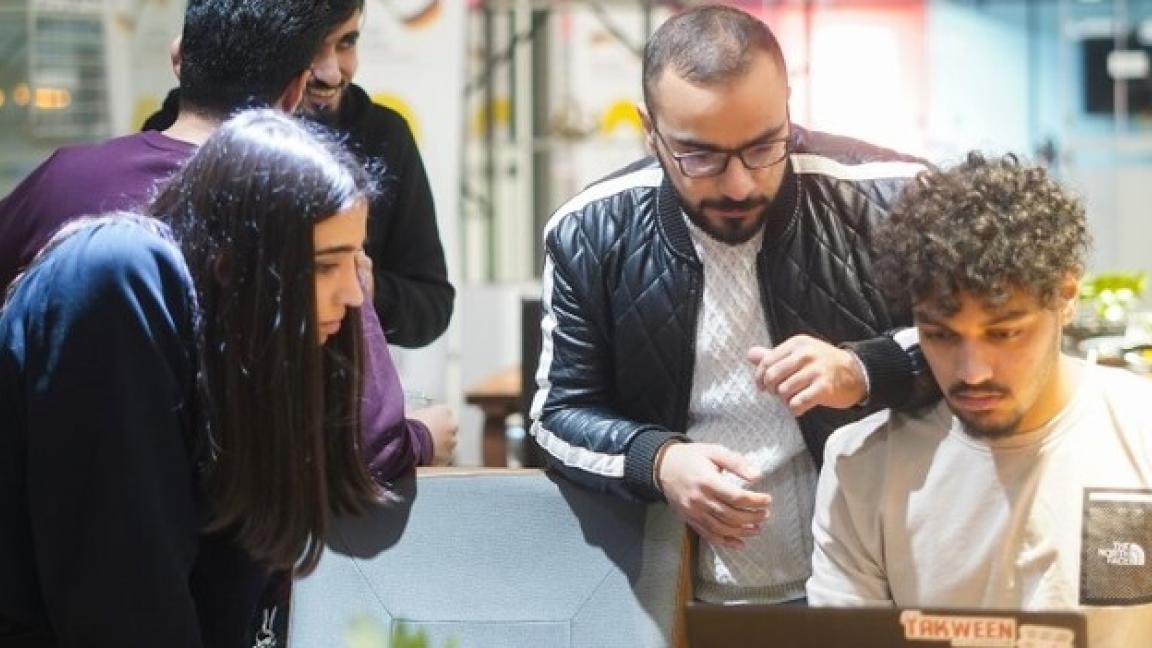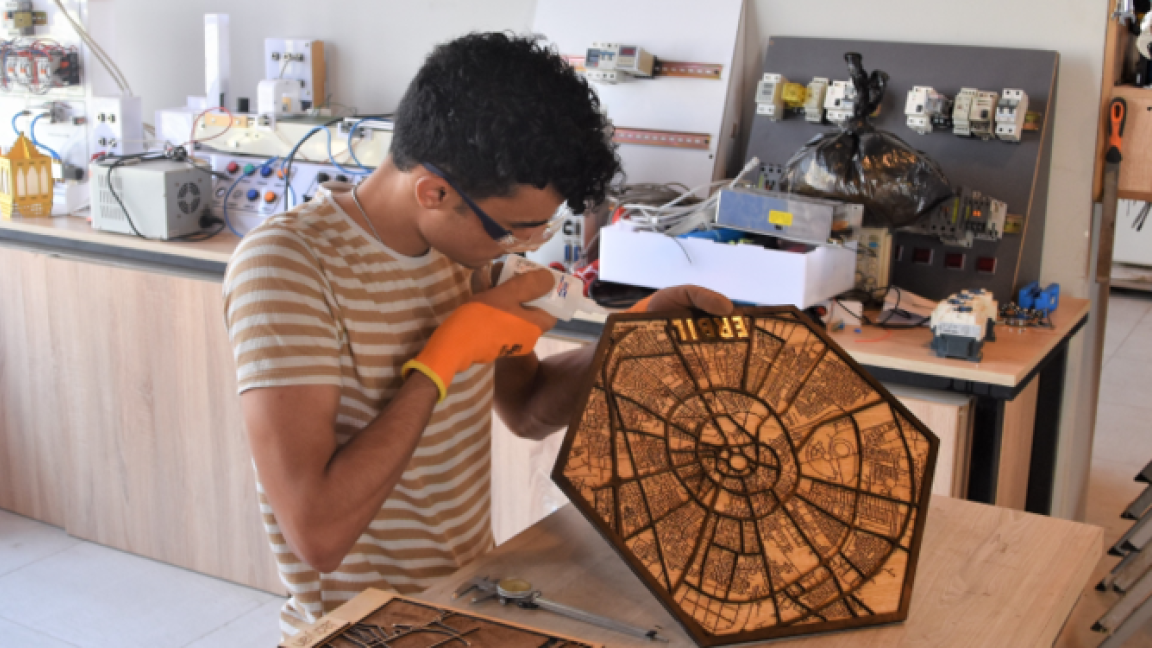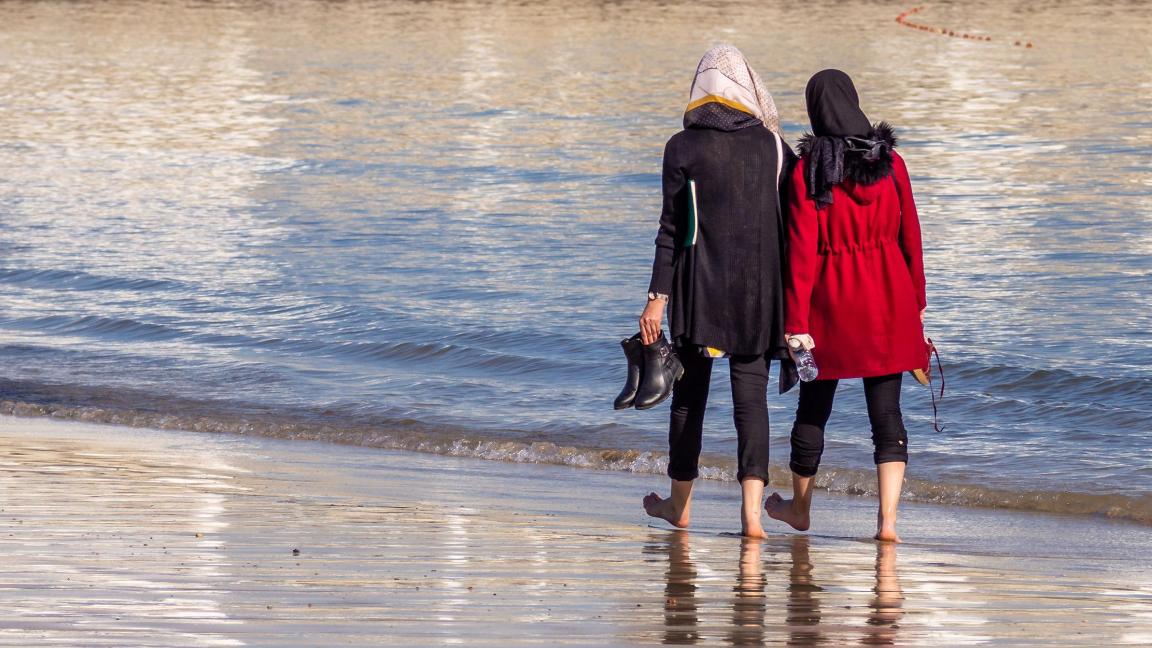The Deutsche Gesellschaft für Internationale Zusammenarbeit (GIZ) GmbH has been supporting projects in Iraq since the 2000s. While the main focus from 2014 onwards was rapid, flexible support for reconstruction, since 2018 – with a country office in Baghdad – GIZ has increasingly been working on measures geared to long-term development in partnership with the Iraqi Government.
The consequences of previous conflicts, particularly those involving the so-called Islamic State, continue to weigh heavily on Iraq. Over a million Iraqis have been displaced within their own country. There are more than 300,000 Syrian refugees living in camps and host communities in the north of Iraq.
Economic development is slow as a result of inflation, limited state assistance for businesses and dependence on oil revenues. There is a shortage of jobs, especially for young people.
Women are also disproportionately excluded from participation in society, policy-making and business.
Local administrations need support in providing reliable public services – including in the water sector – to all citizens.
The impact of climate change is also increasingly tangible in Iraq and contributes to security risks, conflicts in communities and displacement.
GIZ works in Iraq on behalf of the German Federal Ministry for Economic Cooperation and Development (BMZ). It also implements projects on behalf of other German ministries and the European Union (EU). GIZ’s activities focus on the following areas:
- Long-term economic development
- Peaceful and inclusive societies and good governance
- Socially just climate change and energy transition
GIZ works with training centres to develop curricula that prepare graduates for the labour market. In addition, it advises the Iraqi Government on promoting start-ups and the digital economy. GIZ is also working with the Iraqi Ministry of Finance and Central Bank to implement important reforms, for example on loans for small and medium-sized enterprises. It also cooperates with German and European companies in Iraq. In addition, GIZ advises returnees on reintegration and provides an advisory service for people interested in regular migration.
GIZ promotes the participation of disadvantaged groups, especially women, internally displaced persons (IDPs) and refugees. It supports reintegration into communities of origin, involves the population in peace processes and supports women in the political participation process. GIZ also supports the documentation of crimes against the Yazidi people.
GIZ is strengthening local administration, for example by introducing simpler procedures, better grievance mechanisms and climate-adapted planning. This will increase access to public services and promote trust in state institutions.
In addition, GIZ is advising the Iraqi Government on how to deal effectively with the consequences of climate change. It advises on water, climate-friendly agriculture and the use of renewable energies.
Iraq in brief
GIZ local staff
As of: 31.12.2025
- 266 National employees
- 66 International employees
- 3 Development workers
Insights


